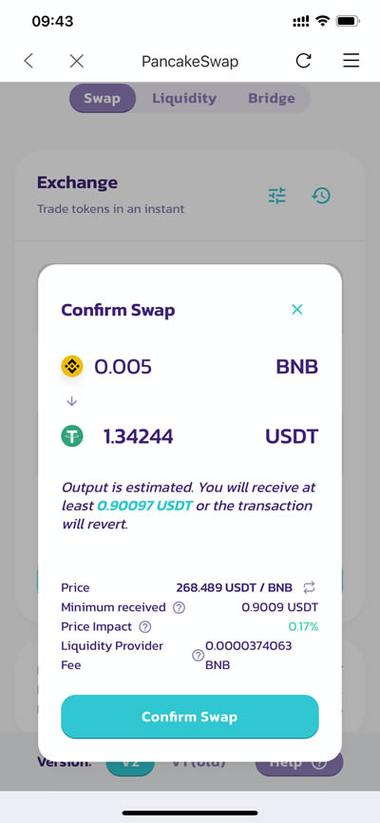
Convert BSC Contract to ETH: A Comprehensive Guide
Are you looking to convert your Binance Smart Chain (BSC) contract to Ethereum (ETH)? If so, you’ve come to the right place. This guide will walk you through the process, covering various aspects such as the benefits of conversion, the steps involved, and the potential risks. Let’s dive in.
Understanding the Difference Between BSC and ETH
Binance Smart Chain (BSC) and Ethereum (ETH) are both popular blockchain platforms, but they have some key differences. BSC is designed to be a high-performance, low-cost alternative to Ethereum, while ETH is the original and most widely used blockchain platform.

| Feature | Binance Smart Chain (BSC) | Ethereum (ETH) |
|---|---|---|
| Block Time | 3 seconds | 14-15 seconds |
| Transaction Fees | Lower | Higher |
| Smart Contract Capabilities | Similar to ETH | More advanced |
These differences can impact the decision to convert your BSC contract to ETH, depending on your specific needs and goals.
Benefits of Converting BSC Contract to ETH
Converting your BSC contract to ETH can offer several benefits, including:
-
Access to a larger user base: Ethereum has a larger and more diverse user base compared to BSC, which can increase the visibility and adoption of your contract.
-
Improved smart contract capabilities: Ethereum offers more advanced smart contract features, which can enhance the functionality of your contract.

-
Higher liquidity: ETH is widely used and traded, which can lead to higher liquidity for your contract.
Steps to Convert BSC Contract to ETH
Converting your BSC contract to ETH involves several steps. Here’s a general outline of the process:
-
Assess your contract: Before converting, evaluate your contract’s functionality and determine if it’s compatible with Ethereum’s smart contract capabilities.
-
Choose a development platform: Select a development platform that supports Ethereum, such as Truffle or Hardhat.
-
Port your contract: Modify your BSC contract to be compatible with Ethereum’s smart contract language, Solidity.
-
Deploy your contract: Use your chosen development platform to deploy your contract on the Ethereum network.
-
Test your contract: Ensure that your contract functions correctly on the Ethereum network by conducting thorough testing.
-
Announce your new contract: Inform your users about the conversion and provide them with instructions on how to interact with the new contract.
Risks and Considerations
While converting your BSC contract to ETH can offer several benefits, it’s essential to be aware of the potential risks and considerations:
-
Development costs: Converting your contract may require hiring a developer or investing time in learning Solidity.
-
Testing and debugging: Ensure that your contract functions correctly on the Ethereum network, as any bugs or vulnerabilities could lead to financial losses.
-
Market dynamics: The cryptocurrency market is highly volatile, and converting your contract to ETH may expose you to market risks.
Conclusion
Converting your BSC contract to ETH can be a valuable move, offering several benefits such as access to a larger user base and improved smart contract capabilities. However, it’s crucial to carefully assess the risks and follow the necessary steps to ensure a successful conversion. By doing so, you can enhance the functionality and reach of your contract on the Ethereum network.





